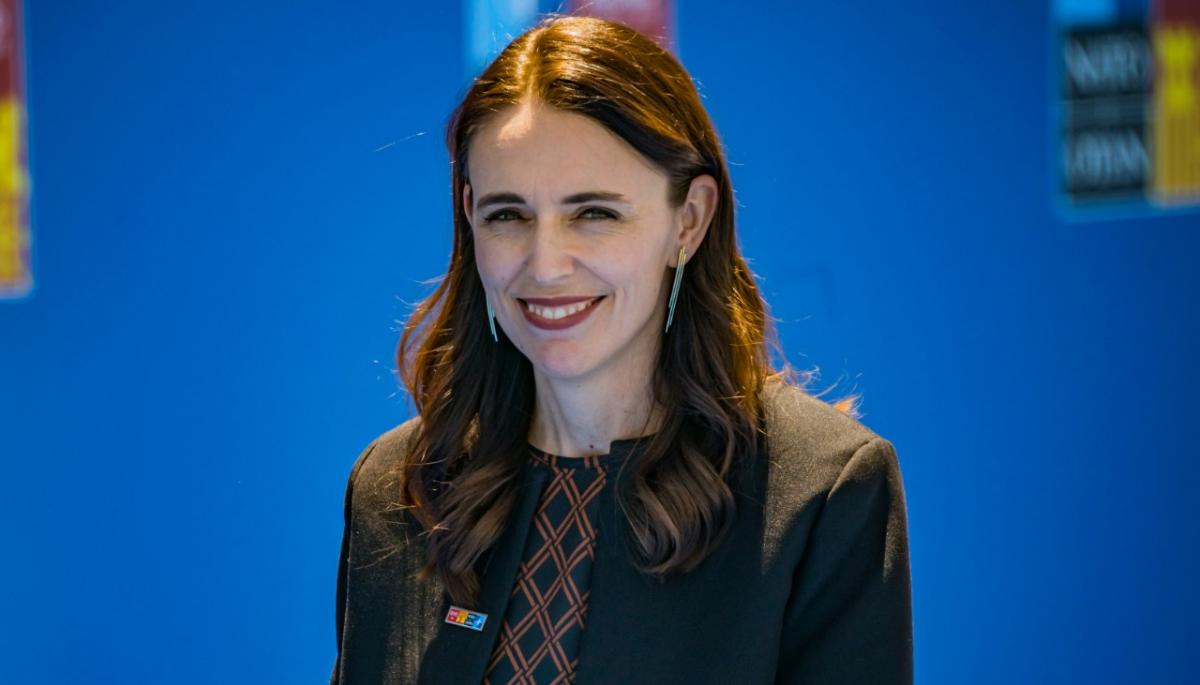Prime Minister Jacinda Ardern has expressly called out a "more assertive" China during her speech at a summit hosted by NATO, the North Atlantic military alliance regularly criticised by Beijing.
As the leaders' summit in Madrid was underway on Wednesday, China's Ambassador to the United Nations made his country's thoughts on the group very clear, saying it had "sowed the seeds of conflict" in Europe and that "must not be allowed to happen in the Asia-Pacific".
New Zealand isn't a member of the North Atlantic Treaty Organization (NATO), but was invited to the event in Spain as one of its "partners across the globe" along with Australia, South Korea and Japan. Those four Asia-Pacific nations had their own meeting overnight as well.
In her comments to the summit, Ardern was explicit that "New Zealand is not here to expand our military alliances", instead saying she wanted to see a world that has less need for them.
"Aotearoa New Zealand has a fiercely held independent foreign policy," she said. "We are also one of the oldest and most stable liberal democracies. But that does not mean we judge our foreign policy interventions based on political ideology, but rather, the simple concept that when our shared humanity is undermined, we all suffer."
While she described how Russia's invasion of Ukraine had challenged multilateral institutions, she also spoke about the "mounting pressure on the international rules-based order" in New Zealand's own "neighbourhood", including from Russia mis- and disinformation.
But Ardern also spoke about China, which has recently tried to grow its influence in the Pacific through security cooperation deals with island nations. Its behaviour in the South China Sea and towards Taiwan has also sparked concern.
"Separately China has in recent times also become more assertive and more willing to challenge international rules and norms," Ardern said.
"Here, we must respond to the actions we see. We must stand firm on the rules-based order, call for diplomatic engagement and speak out against human rights abuses at all times when and where we see them. But we also must resist the temptation to simplify the increasingly complex world in which we live."

While Ardern has spoken about the need to use diplomacy to lower the temperature in the region, tensions are already very high.
NATO members - not New Zealand - released a Strategic Concept document after their meetings which contained several lengthy passages detailing how China's "ambitions and coercive policies challenge our interests, security and value".
"We will boost our shared awareness, enhance our resilience and preparedness, and protect against the PRC’s coercive tactics and efforts to divide the Alliance. We will stand up for our shared values and the rules-based international order, including freedom of navigation."
NATO Secretary-General Jens Stoltenberg said Beijing isn't an adversary but is presenting "serious challenges".
"China is substantially building up its military forces, including nuclear weapons, bullying its neighbours, and threatening Taiwan. Investing heavily in critical infrastructure, including in Allied countries. Monitoring and controlling its own citizens through advanced technology. And spreading Russian lies and disinformation."
As a response, Stoltenberg said NATO "will step up cooperation with our Indo-Pacific partners", including on cyber defence, new technologies, maritime security, climate change and in countering disinformation.
That strategic document hasn't gone down well with Beijing, with the Chinese Mission in the EU saying it was "filled with Cold War thinking" and "maliciously" attacked and smeared China. It says NATO is the one seeking to "stir up bloc confrontation" in the Asia-Pacific.
Reported comments by Zhang Jun, China's representative at the United Nations, go even further. He said NATO had "sowed the seeds of conflict" in Europe by expanding eastwards and opposed the group having a role in the Asia-Pacific.
"The turmoil and conflict happening in parts of the world must not be allowed to happen in the Asia-Pacific."
Ahead of the NATO summit, The Global Times, Chinese state media, released an editorial warning that countries from Asia or the Pacific which moved closer to NATO risked damaging their country's trust with Beijing, "inevitably leading to consequences".
Earlier this month, the Chinese Ambassador to New Zealand said practising "bloc politics" could be a "dangerous slippery slope to unmitigated disasters", while also warning New Zealand not to take its reputation in China for granted.
China is New Zealand's largest trading partner with two-way trade worth in excess of $33 billion. The New Zealand Government has said the relationship between the two nations is "mature" and that they speak about their differences respectfully.
Aotearoa has spoken out against human rights abuses in China - such as in Xinjiang - on a number of occasions.



